by David Alan Johnson
In most popular spy thrillers, secret agents are tall, handsome, virile, and irresistible to women. Whether their name is Dirk Pitt, Jack Ryan, or James Bond, all are hard-drinking, well-tailored ladies’ men. At the end of the last chapter, the hero invariably saves the world, wins the girl and drives off into the sunset behind the wheel of a fancy sports car.
Wilhelm Canaris was no James Bond. He was just under five feet, four inches tall, which nearly kept him out of the German Navy. He only drank one glass of wine with dinner, and he had no women in his life except his wife, Erika, and their two daughters. But despite his outwardly non-heroic appearance and lifestyle, he might well have done more to save the world from Adolf Hitler than any of his contemporaries, either German or Allied.
One thing Canaris did have in common with James Bond was that both were naval officers. Canaris entered the German Navy in April 1905, as an 18-year-old cadet at the Kiel naval academy. By the time World War I broke out in 1914, he was an officer on the cruiser Dresden serving under Admiral Graf von Spee, who sank the British cruisers Good Hope and Monmouth off the coast of Chile in November 1914. A few weeks later, von Spee’s squadron was cornered by the British off the Falkland Islands. Canaris’s ship managed to escape, but was trapped in Cumberland Bay, Chile, and blown up to prevent capture. The crew was interned by the neutral Chileans, but Canaris escaped. He was given a counterfeit passport by the German consulate in Santiago and crossed the Andes Mountains into Argentina. From Buenos Aires, he sailed to Rotterdam and traveled by train to Berlin.
After recovering from the effects of his trip—he was a physical wreck when he arrived in Berlin—Canaris was assigned as an intelligence officer in Spain, a job that was to change his life. He was good at his new work, and passed a great deal of useful information regarding Allied shipping back to naval headquarters, but he wanted to return to sea. Eventually, Canaris got his wish, finishing the war as the captain of a U-boat. Between his intelligence activities and his U-boat service, he was credited with sinking 18 Allied ships.
Canaris Approved of the Early Nazi Party
After the armistice in 1918, Canaris remained in the navy. He served aboard the cruiser Berlin and the battleship Schlessein, and spent most of the 1920s at sea. In September 1934, a year and a half after Adolf Hitler came to power, Canaris was appointed commander of the naval base at Swinemünde. It was a dead-end job and Canaris, by this time a captain, fully expected to remain at Swinemünde until he retired. But a few months later, he was offered the position as head of Germany’s secret military intelligence, the Abwehr. The high command had noticed his excellent record as an intelligence officer in 1916, and suggested him for the new post. Canaris was appointed chief of the Abwehr on New Year’s Day 1935, his 47th birthday, and was promoted to admiral a short time later.
When the Nazis came to power in 1933, Canaris thought they were just what the new Germany needed. Hitler promised to rearm Germany and re-build the German navy, two goals that the old sailor strongly supported. But when Hitler began murdering his political rivals, Canaris became a determined opponent of the Nazi regime. The event that turned him into a dedicated anti-Nazi took place on June 30, 1934. During the infamous “Night of the Long Knives,” Hitler ordered the execution of hundreds of his political rivals. Among those assassinated was Ernst Röhm, Hitler’s former friend and chief of staff. After that, Canaris became Hitler’s sworn enemy. On the day that World War II began, he predicted that a victory by Hitler would mean catastrophe. And when France surrendered in June 1940, Canaris told associates: “Should Hitler win, this will certainly be the end of Germany. And if Hitler loses, this will also be the end of Germany and ourselves, too, for having failed to get rid of him.”
Canaris began using his position to oppose Hitler. He was at Berchtesgaden on August 22, 1939, when Hitler announced his plans for invading Poland. Although everyone at the meeting had been prohibited from taking notes, Canaris stood at the back of the room and surreptitiously jotted down everything Hitler said. As soon as the meeting ended, he drove to the Hotel of the Four Seasons in Munich and wrote down everything he could remember about Hitler’s invasion plans, using his notes to refresh his memory. When he had finished, Canaris gave his summary to Colonel Hans Oster, a fellow anti-Hitler conspirator. Oster made a copy of the comments and gave it to the Dutch military attaché in Berlin, Major G.J. Sas, who passed it along to members of the French and British diplomatic corps.
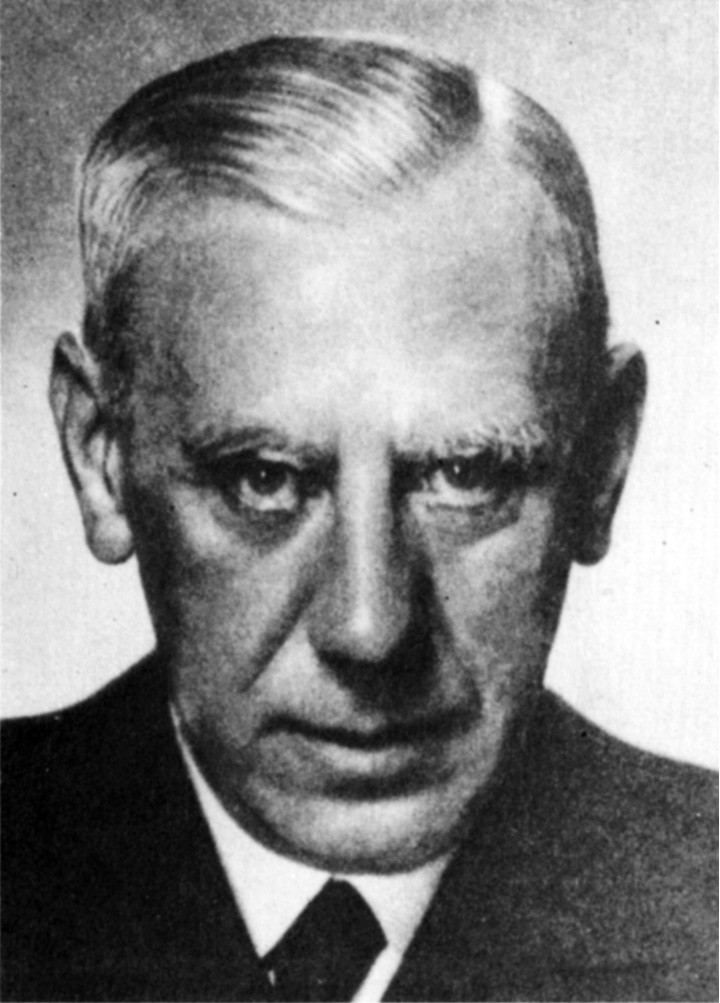
“Nothing Should be Omitted That Would Shorten This War”
As the result of Canaris’s warning, Great Britain and France placed their forces on full alert, and both nations promised to come to Poland’s assistance if attacked by Germany. At dawn on Friday, September 1, the Luftwaffe began bombing targets inside Poland; the Wehrmacht joined the attack a few hours later. World War II had begun. As they had promised, England and France declared war on Germany two days later. On that same day, September 3, Canaris made a promise of his own: “Nothing should be omitted that would shorten this war.”
Canaris decided that the best way for him to shorten the war was to mislead and misinform Hitler at every possible opportunity. A few weeks after the invasion of Poland, he informed Hitler that the French were planning a massive attack in the Saarbrücken area. Hitler did not believe him, telling the admiral that Saarbrücken was the strong point in the German line. Hitler was right. No French offensive took place, at Saarbrücken or anywhere else. The Führer would remember this particular incident whenever he was given information by Canaris, and he would also remember that he had been right and Canaris had been wrong.
Hitler’s misgivings were reinforced about six months later, just prior to the invasion of Norway in April 1940. Canaris reported that the British Navy was on the alert, and warned that German transports would be annihilated if a landing was attempted. Hitler read the report and went ahead with the invasion just the same. The landings took place on April 9, 1940, and encountered no interference from the British fleet, although a British destroyer squadron sank several German ships off Narvik the following day.
Hitler was not sure what to make of Canaris, the Abwehr, or the intelligence service in general. They seemed to have a knack for getting things wrong. Hitler and most of his senior officers quickly lost all faith in intelligence because of Canaris’s mistakes, which they had no idea were actually calculated moves. This lack of trust in the Abwehr, and the concomitant refusal to believe any information related by the intelligence wing, would inadvertently become a tremendous advantage for the Allies. Even when Hitler was given reliable information, he usually refused to believe it.
Canaris was not alone in his campaign to oppose Hitler and the Nazis. He had begun a conspiracy that has come to be known as the Schwarze Kapelle, or Black Orchestra. Among its members were General Ludwig Beck, chief of staff of the Army; Colonel Hans Oster, Canaris’s aide; General Erwin von Witzleben, and a number of other high-ranking officers. Besides misleading Hitler, they intended to supply the Allies with all pertinent military, technical and scientific information.
One successful attempt at supplying the Allies with technical information took place in 1939. A package containing many technical drawings and documents was left on the doorstep of the British Embassy in Oslo, from where it was sent on to London via diplomatic pouch. In London, the papers were examined by Dr. R.V. Jones, a scientific expert at British intelligence. When Jones first saw the documents, his mind must have boggled. He was looking at the plans for Germany’s most secret weapons, including radar sets, X-beams (which guided bombers to their targets at night), a homing torpedo and a guided missile that would become known as the V-2 rocket.
Operation Felix
No one has ever proven conclusively that Canaris was behind the delivery of the Oslo Report. It contained a note that was signed by “a well-wishing German scientist,” which was the only clue regarding its origin. But no German scientist would have been able to collect so many top secret documents, smuggle them out of the country and deliver them safely to British Intelligence. The Oslo report clearly had the mark of Canaris’s handiwork.
The admiral’s next move against Hitler came in October 1940, just as the Battle of Britain was winding down. Hitler had the idea to invade and capture Gibraltar. With Gibraltar in German hands, Britain would be cut off from their forces in North Africa. The plan looked a good deal easier than an invasion of England, which had already been postponed indefinitely, and might be just as costly to Great Britain and her war effort. The plan, code-named Operation Felix, was put in Canaris’s hands. He spoke fluent Spanish, knew Spanish dictator Francisco Franco, and had a number of agents in place in Spain.
Canaris went to work on Operation Felix immediately, but not in the way that Hitler expected. First, he wrote a long, detailed report explaining why Operation Felix could not possibly succeed. Next, he had one of his Schwarze Kapelle associates, Dr. Joseph Müller, meet with Spanish Foreign Minister Ramon Serrano Suner. Müller gave Suner a confidential message from Canaris advising that Hitler did not have the men or the resources to attack Spain if Franco refused to give in to Hitler’s demands. Suner relayed the message to Franco. When Hitler came to Spain to discuss Gibraltar on October 23, Franco was prepared. He told Hitler that he intended to remain neutral, and that he would not allow German troops to attack Gibraltar from Spain. Hitler bullied and badgered Franco for over nine hours, but finally gave up. “I would rather have four teeth out than go through that again,” he told Italian dictator Benito Mussolini afterwards.
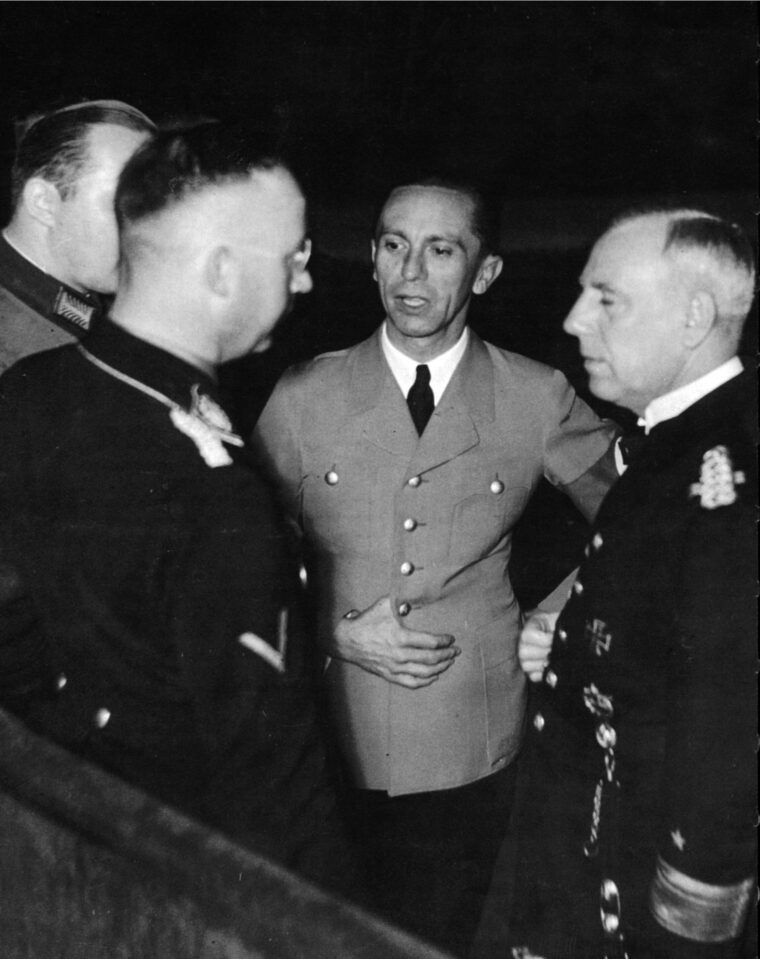
The meeting with Franco was a major setback for Hitler. If Gibraltar has been attacked via Spain and had fallen into German hands, supplying British troops in North Africa through the Straits of Gibraltar would have been impossible. This advantage might well have allowed Field Marshal Erwin Rommel and his Afrika Korps to defeat the British Eighth Army and capture the Suez Canal. Canaris’s derailing of Operation Felix probably cost Hitler the North African campaign.
By now, Allied intelligence had reached the conclusion that Canaris really was working against Hitler and could be trusted. A few sharp-eyed British agents noted that the admiral made frequent trips to the Spanish town of Algeciras, supposedly on business, but also as an excuse to get away from Berlin. The agents submitted a plan to kidnap Canaris and take him to London, which included the time and place of Canaris’s abduction and details of how to force him across to Gibraltar at gunpoint. As soon as London heard about the project, they ordered it cancelled. Canaris was far more valuable where he was. British intelligence was shrewd enough to let Canaris work in his own way, without interference from any of their own bright young agents.
Hitler Began to Grow Angry…
It was a smart move. Canaris knew exactly what he was doing in his war against Hitler. In the autumn of 1942, the German high command received word that an Allied landing was about to take place, but the time and place of the landing were not yet known. A German agent in Britain managed to find out that the invasion would take place in French North Africa, and sent a full report to Hamburg, the Abwehr’s primary station. Nobody ever saw the report—it simply vanished. Canaris claimed that he never received any such communication. When Allied troops came ashore at Casablanca, Algiers and Oran during the early hours of November 8, 1942, the landings took Hitler and his generals completely by surprise. Only Canaris was not surprised—he had read the report on the coming operation several weeks earlier.
Hitler was growing increasingly angry with Canaris and his supposed inefficiency. The success of Operation Torch did not ease his anxieties. Allied transports and warships sailed right through the Straits of Gibraltar, and the head of the Abwehr apparently knew nothing about it. Hitler removed some of Canaris’s authority and gave it to Reinhard Heydrich, the head of the Nazi Party’s intelligence branch, the Sicherheitsdienst (SD). But Canaris was given a reprieve when Heydrich was assassinated by British-trained Czech partisans. He remained in charge of the Abwehr, but Hitler had absolutely no confidence in him or any of the intelligence services.
In January 1944, Canaris was given another chance. He was ordered to report to the headquarters of Field Marshal Albert Kesselring, commander of all German forces in the Mediterranean. Kesselring had heard rumours about a possible Allied landing on the coast of Italy, and wanted to know what Canaris knew about any impending attack. Canaris immediately put everyone’s mind at ease. He said that there was no need to fear any impending Allied landing. One of Kesselring’s commanders asked Canaris if he knew where the British battleships might be. “We’re looking after them. Don’t you worry,” Canaris reassured him.
The Tragic Fate of Wilhem Caniris
At that very moment, about 250 Allied ships were approaching the Italian coast. At dawn on the following day, 50,000 men of the American 3rd Division and the British 1st Division would come ashore at Anzio, in one of the largest amphibious operations of the war. As far as Hitler was concerned, this was Canaris’s last mistake. He removed the admiral as head of the Abwehr and replaced him with a reliable Nazi, Walter Schellenberg. Canaris was banished to a 14th century castle in Franconia, Burg Lauenstein. But although he was now forcibly retired, he was far from being finished. He managed to keep in contact with the Allies, as well as with his colleagues in the Schwarze Kapelle. Among the data that Canaris managed to get through to SHAEF was the German order of battle, a highly valuable piece of information. He still had his connections for obtaining such data, as well as the means of sending it over to England. And nobody, from Hitler down, ever found out.
If Canaris had been a character in a spy novel, his story would have had a happy ending. But he lived in Nazi Germany, not in Ian Fleming’s creative imagination. On the afternoon of July 20, 1944, members of the Schwarze Kapelle attempted to assassinate Hitler at his headquarters in east Prussia. A thorough investigation by the Gestapo implicated several members of the Schwarze Kapelle, including Canaris, in the assassination plot. Canaris was taken to Berlin for interrogation, where he denied knowing anything about the plot against Hitler.
Canaris spent most of the winter of 1944-45 in a cell at Gestapo headquarters, before being moved to Flossenburg concentration camp on February 7, 1945. Although he was questioned every day, Canaris told his investigators nothing. As General George S. Patton’s American Third Army steadily approached, it began to look as though Canaris might escape death at the hands of the Gestapo. But on April 8, he was beaten and tortured by Gestapo guards. The following day he was hanged, and his body was cremated behind the cell block. His principled opposition to Adolf Hitler and the Nazi regime had proved fatal to Canaris, as it had for thousands of other victims of the Third Reich. His had been a higher patriotism.

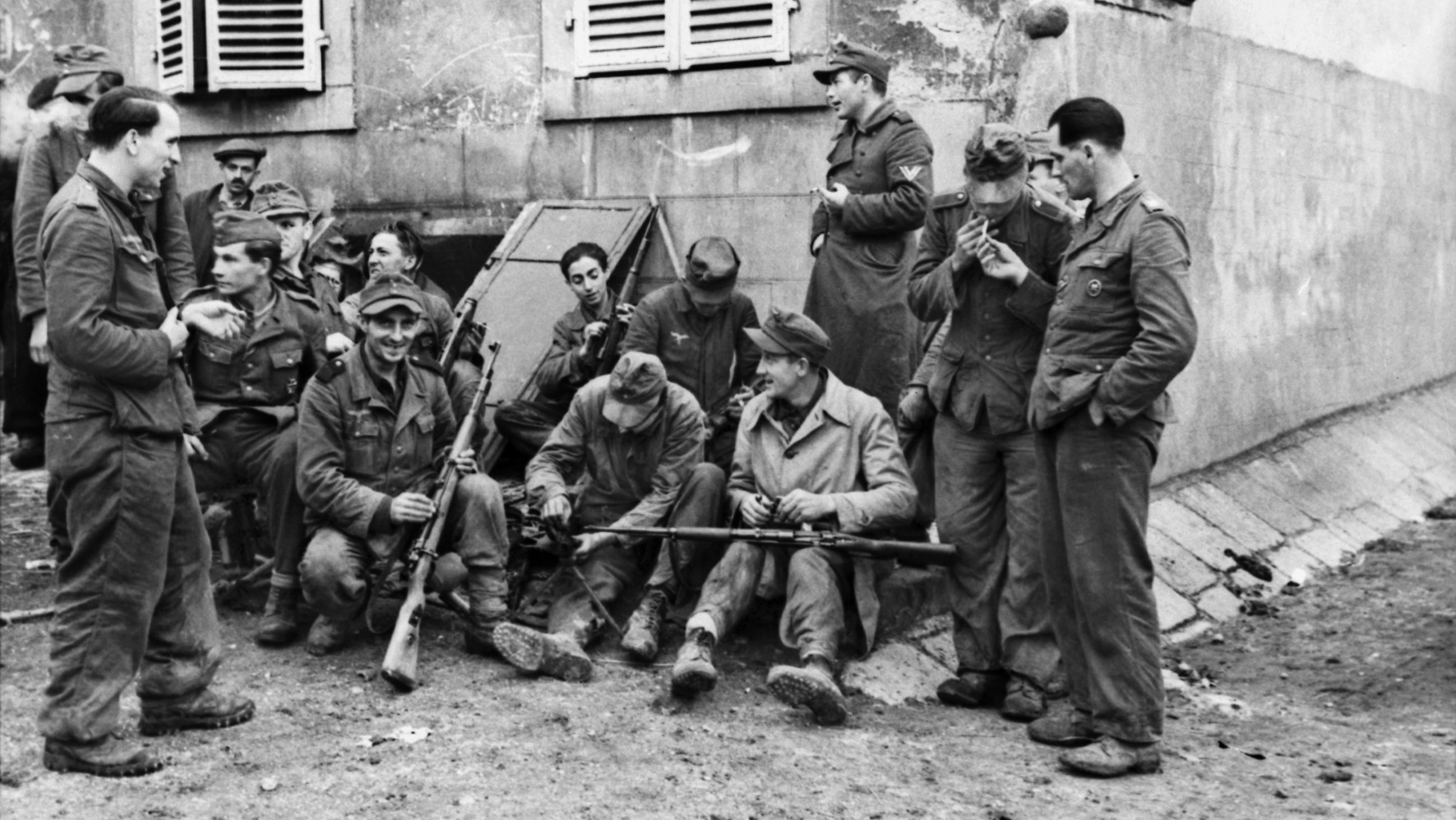
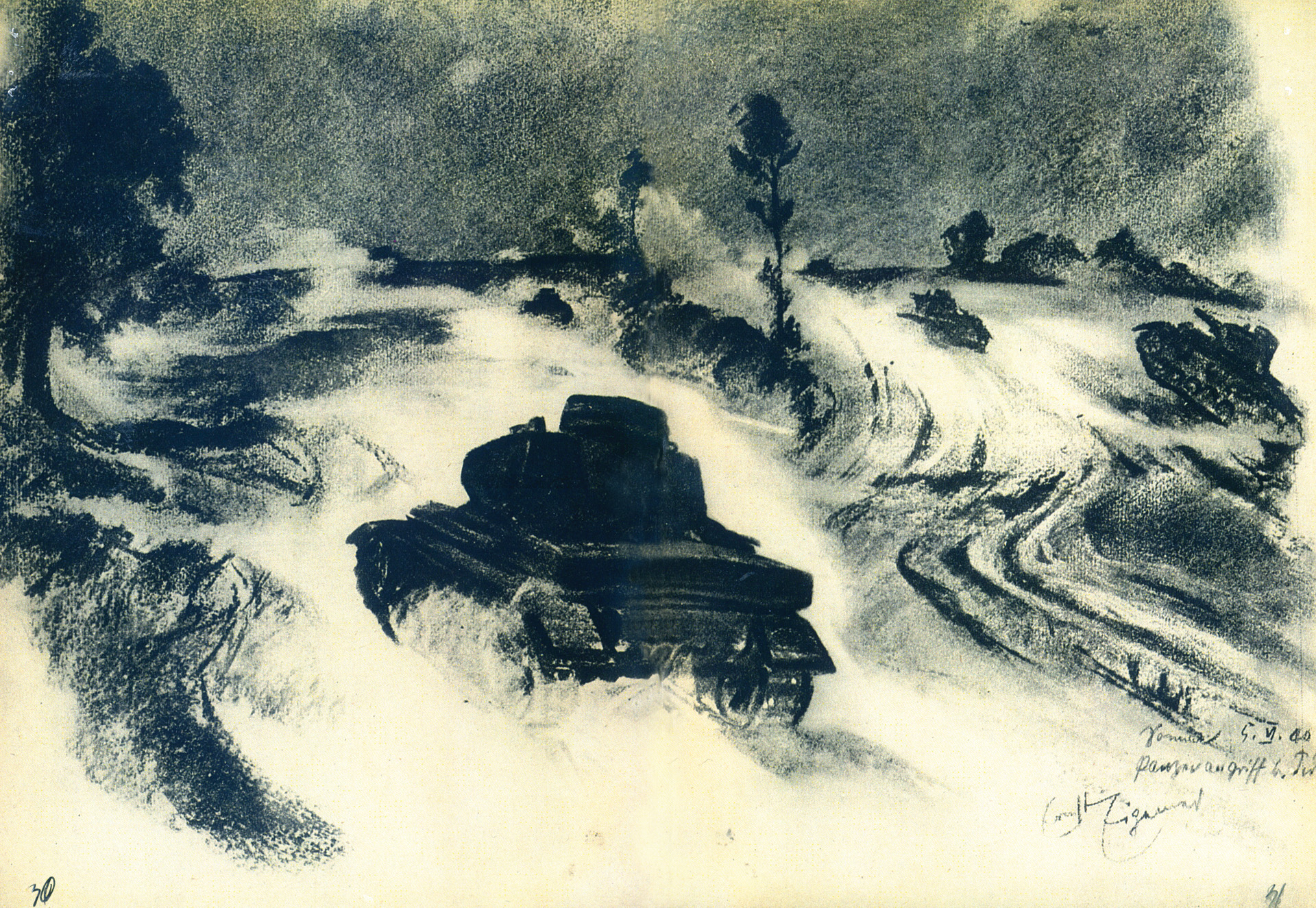
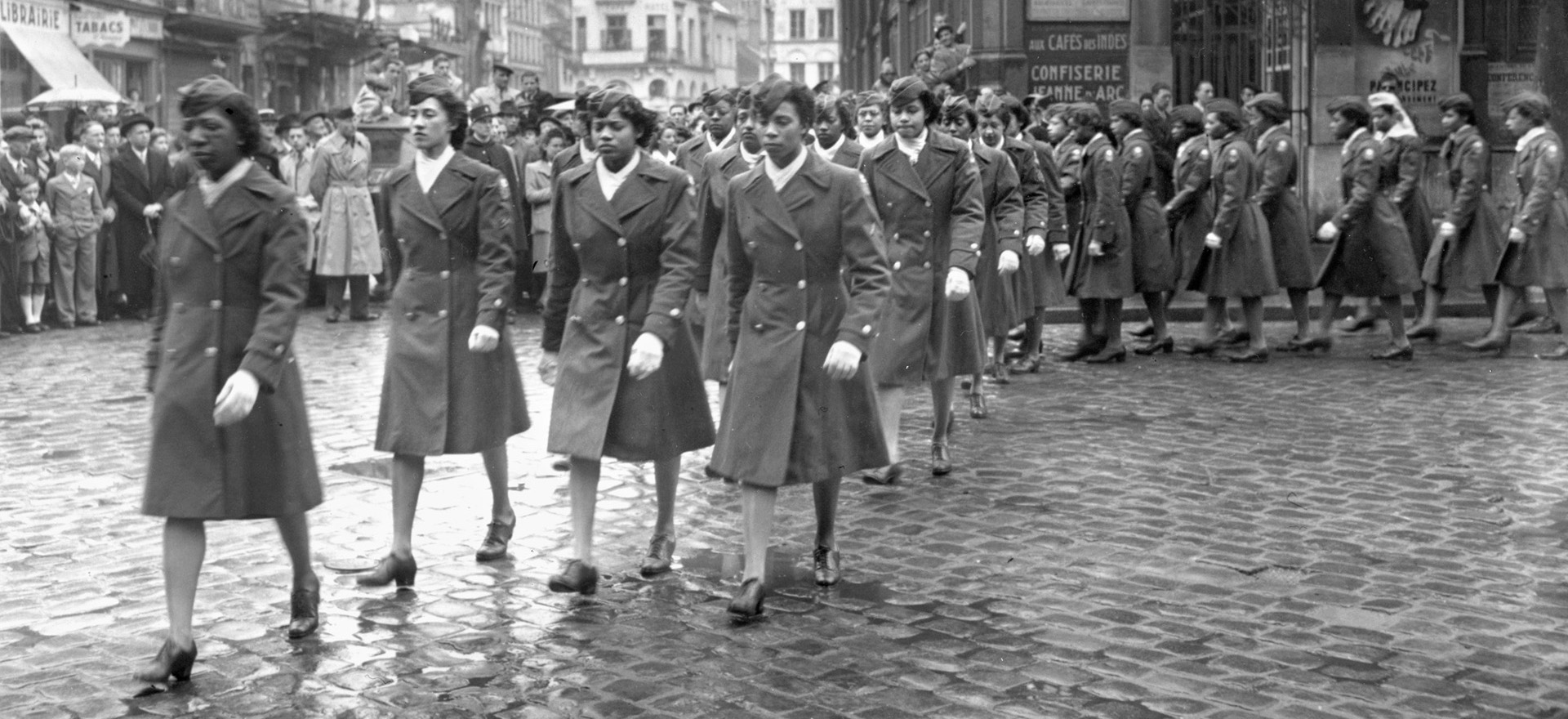
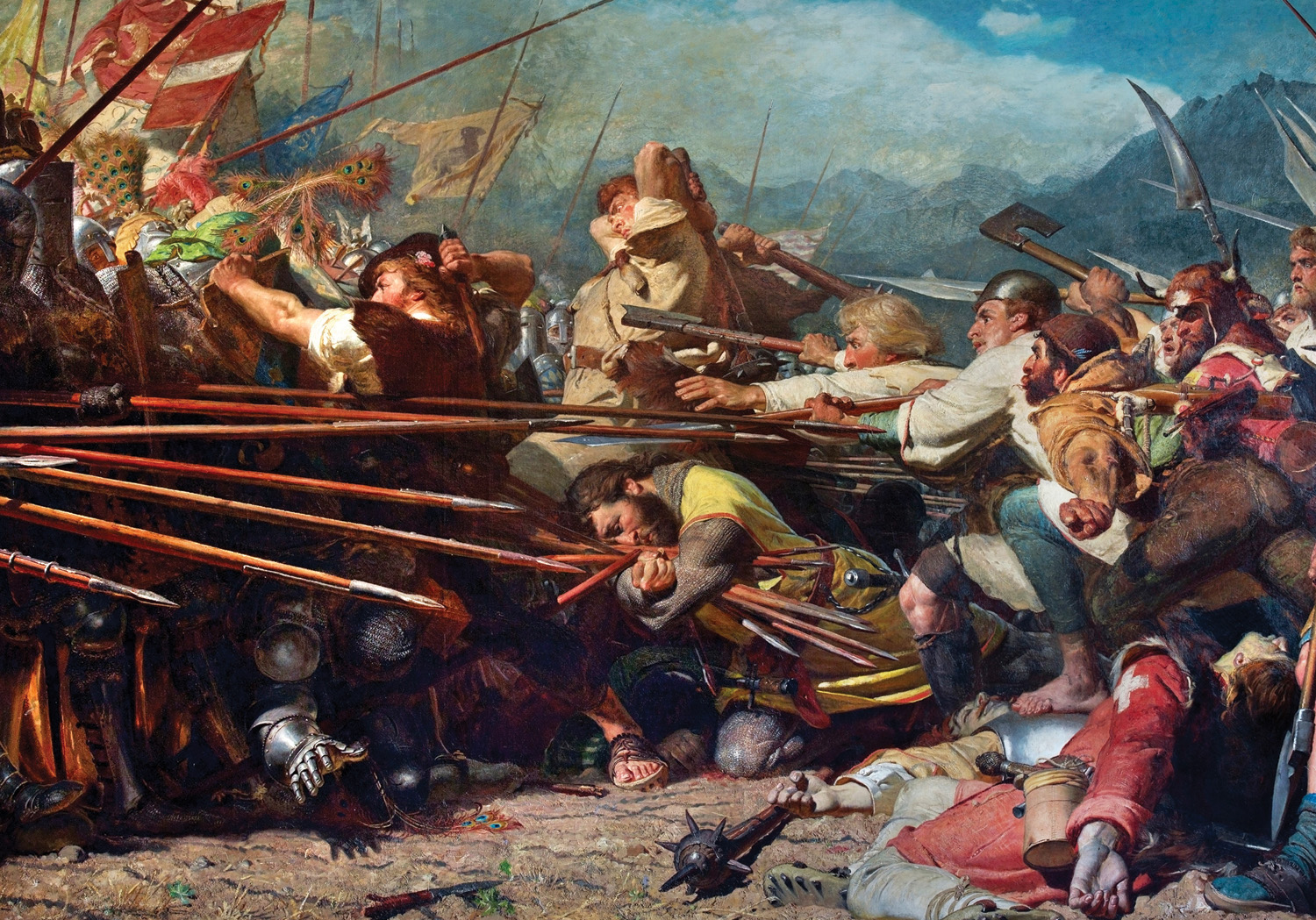
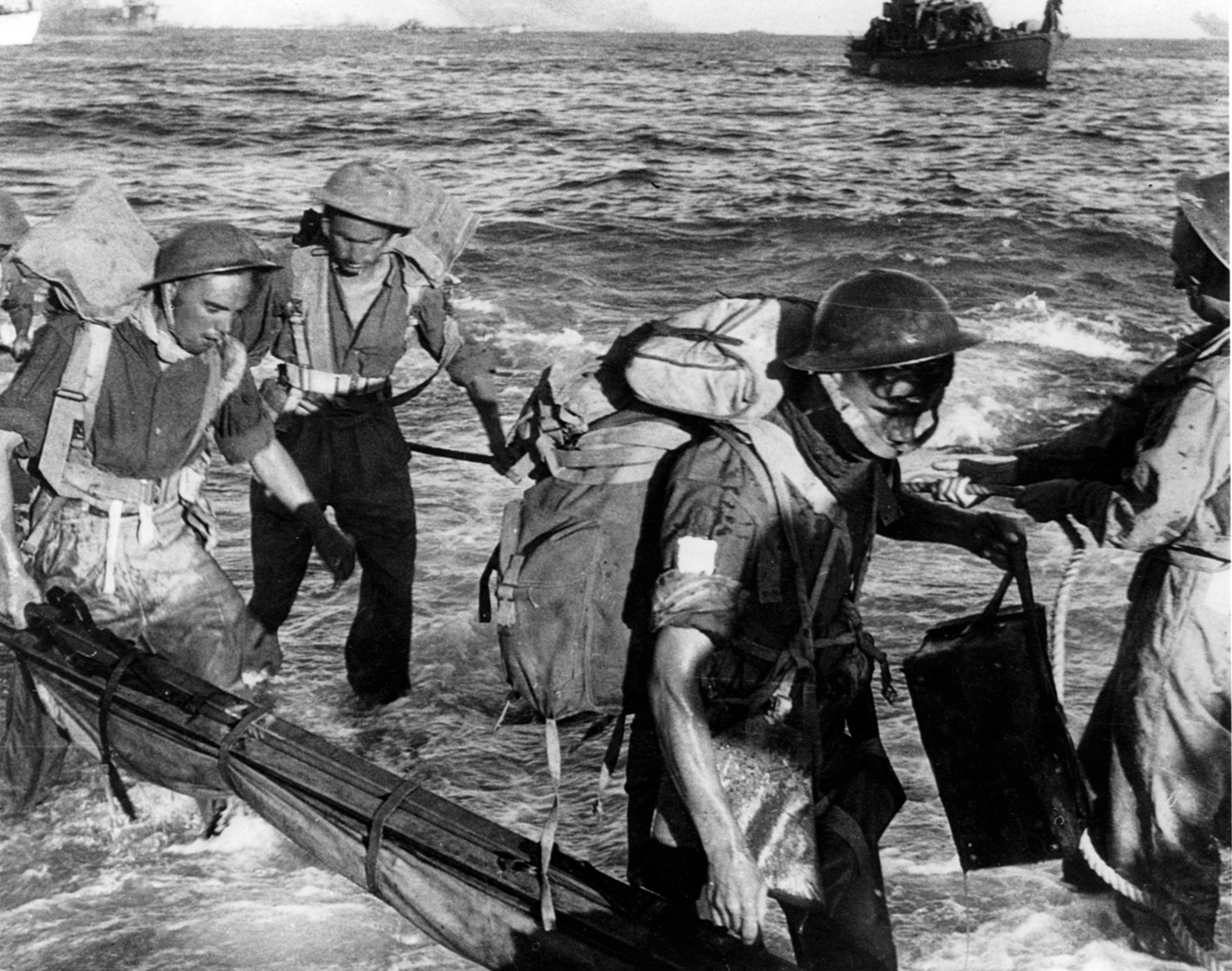
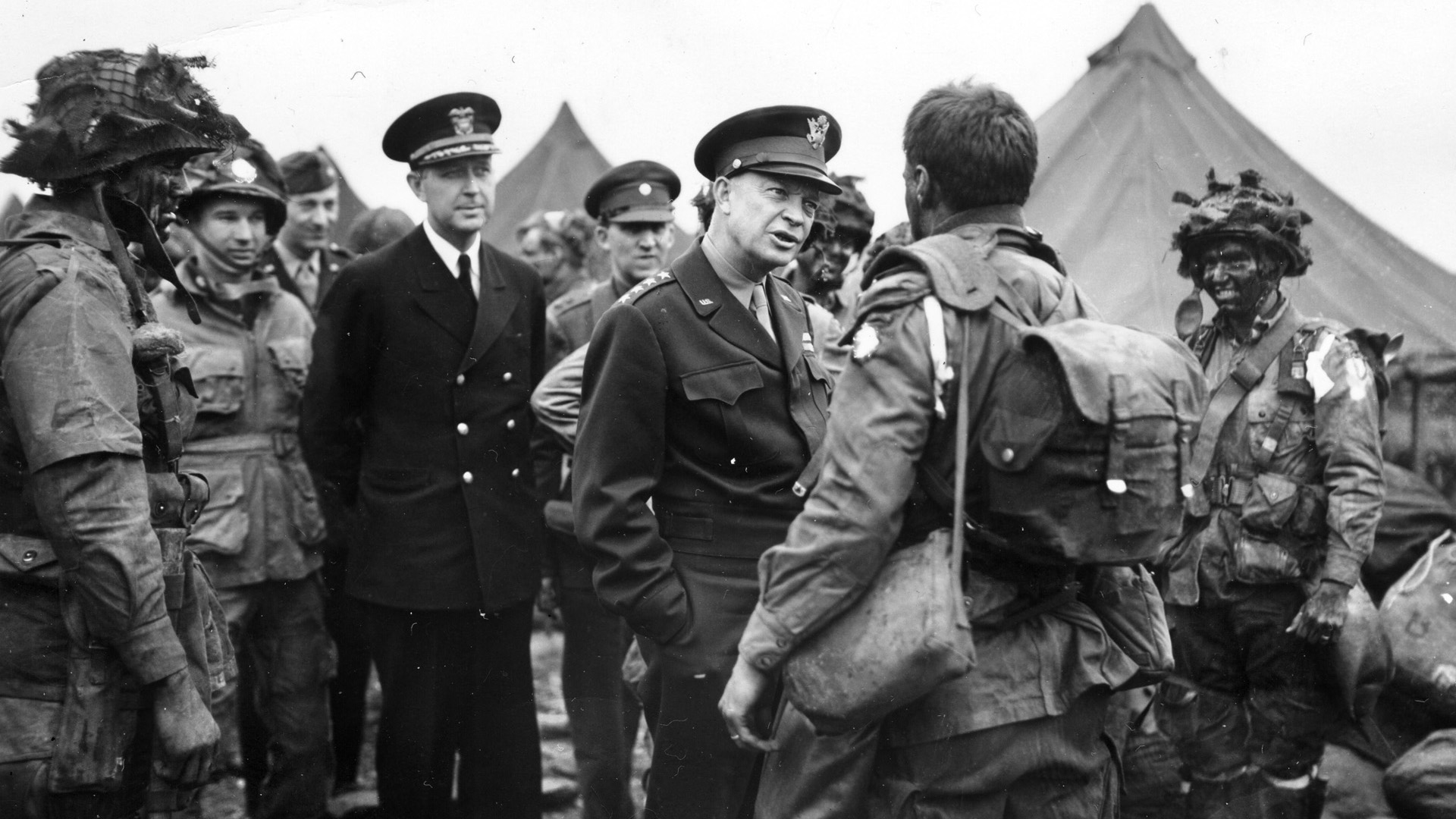
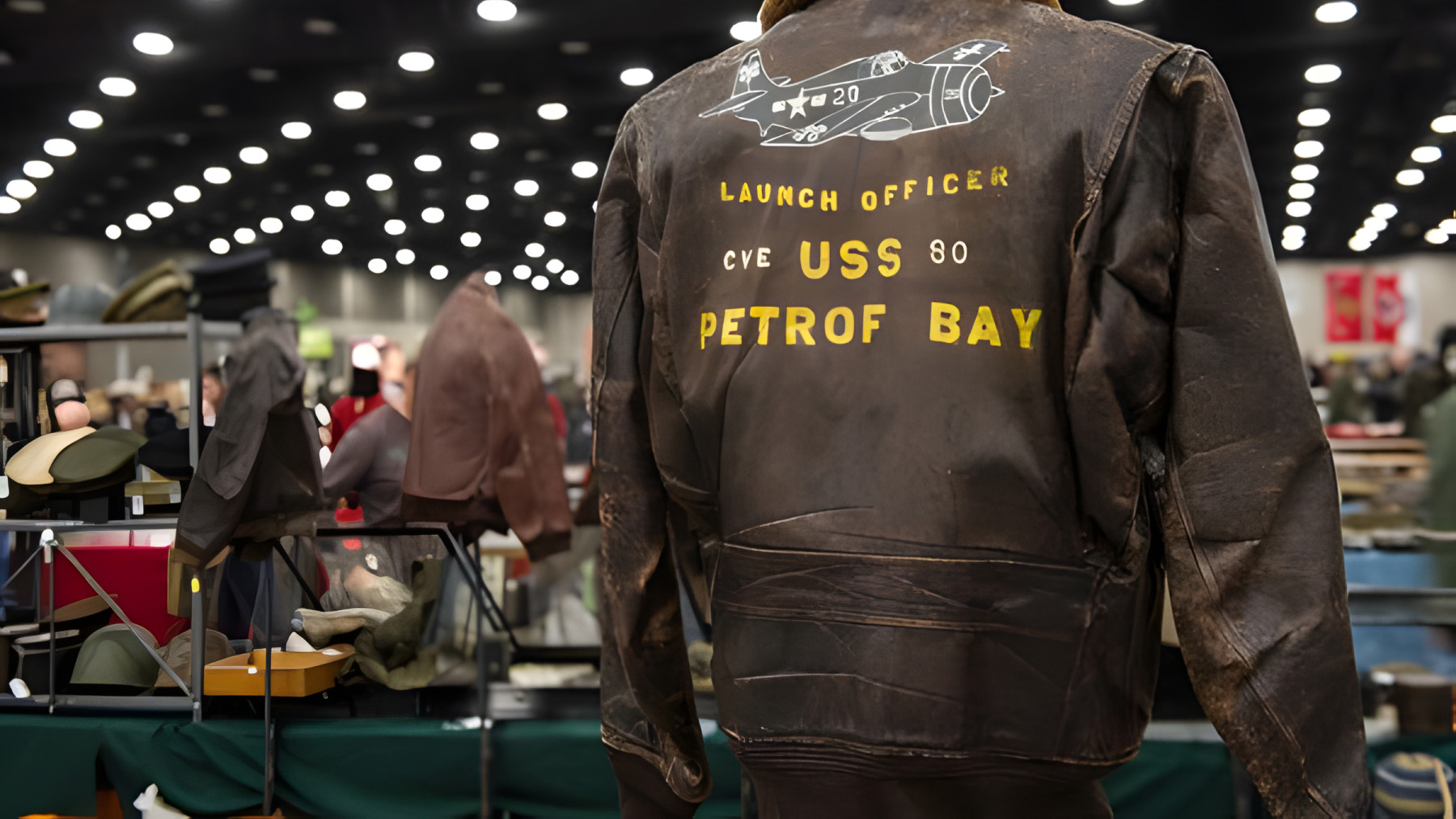
Join The Conversation
Comments
View All Comments